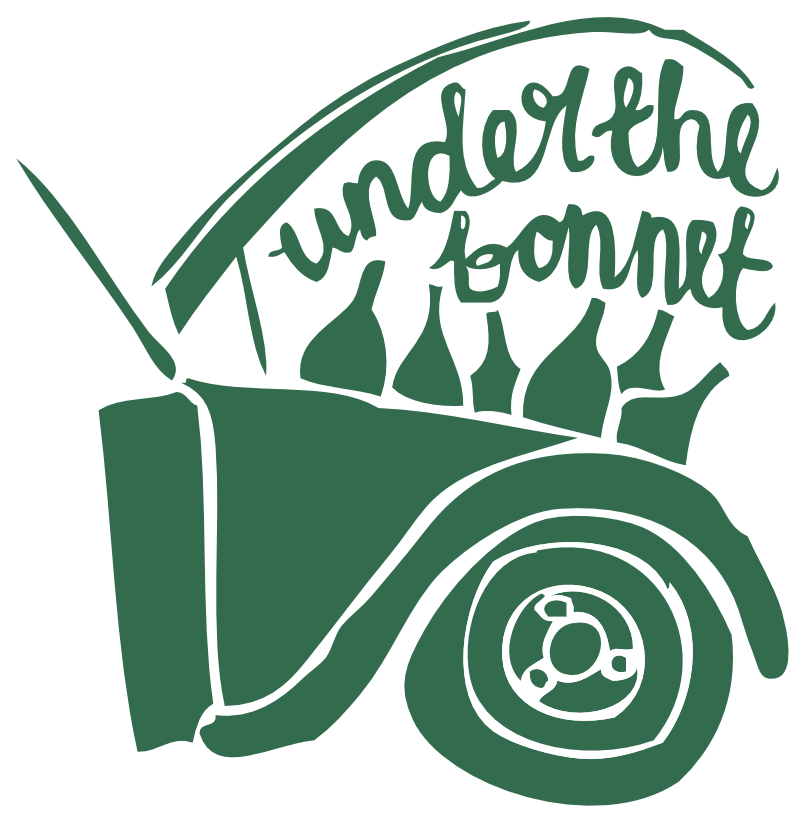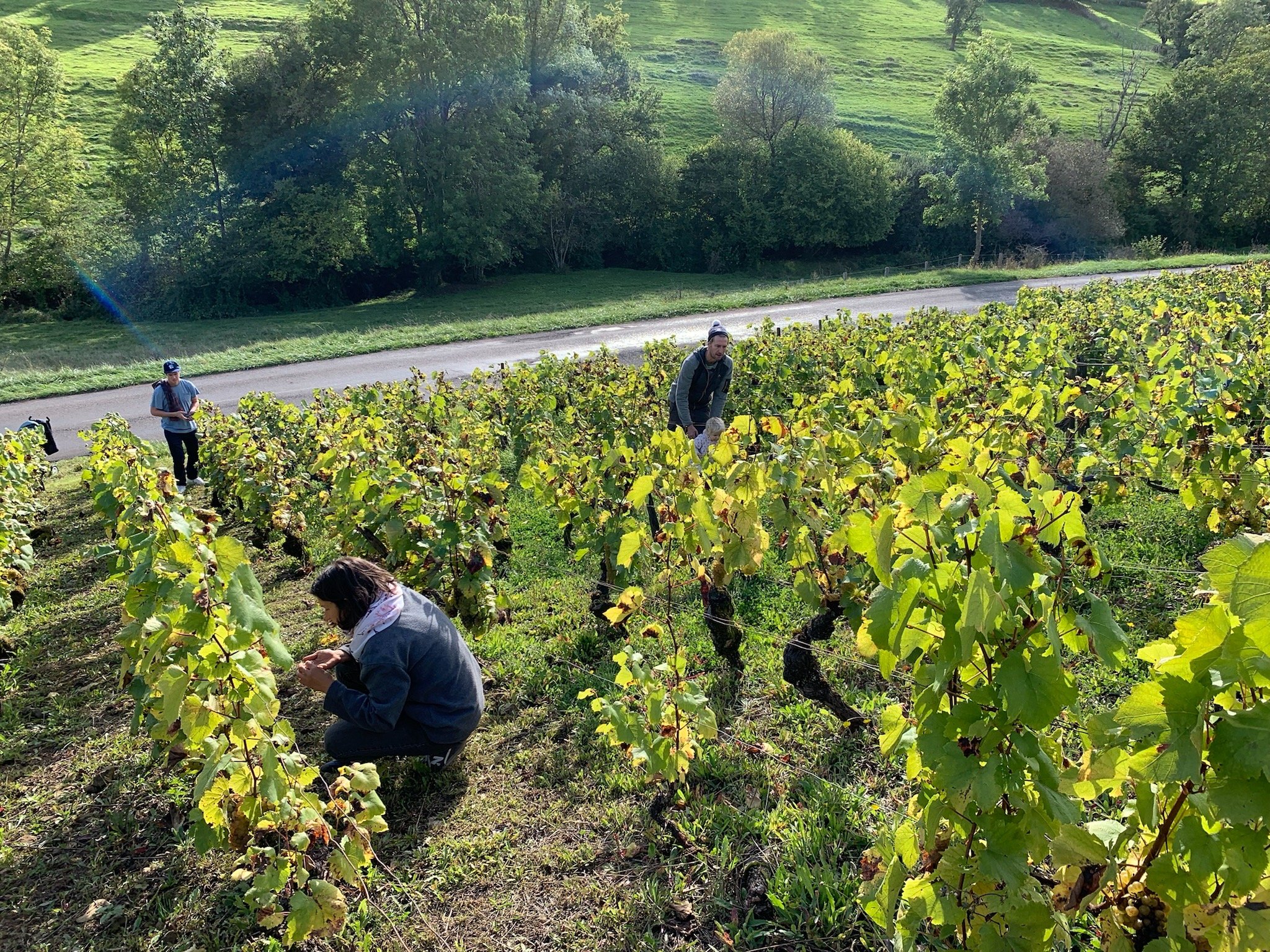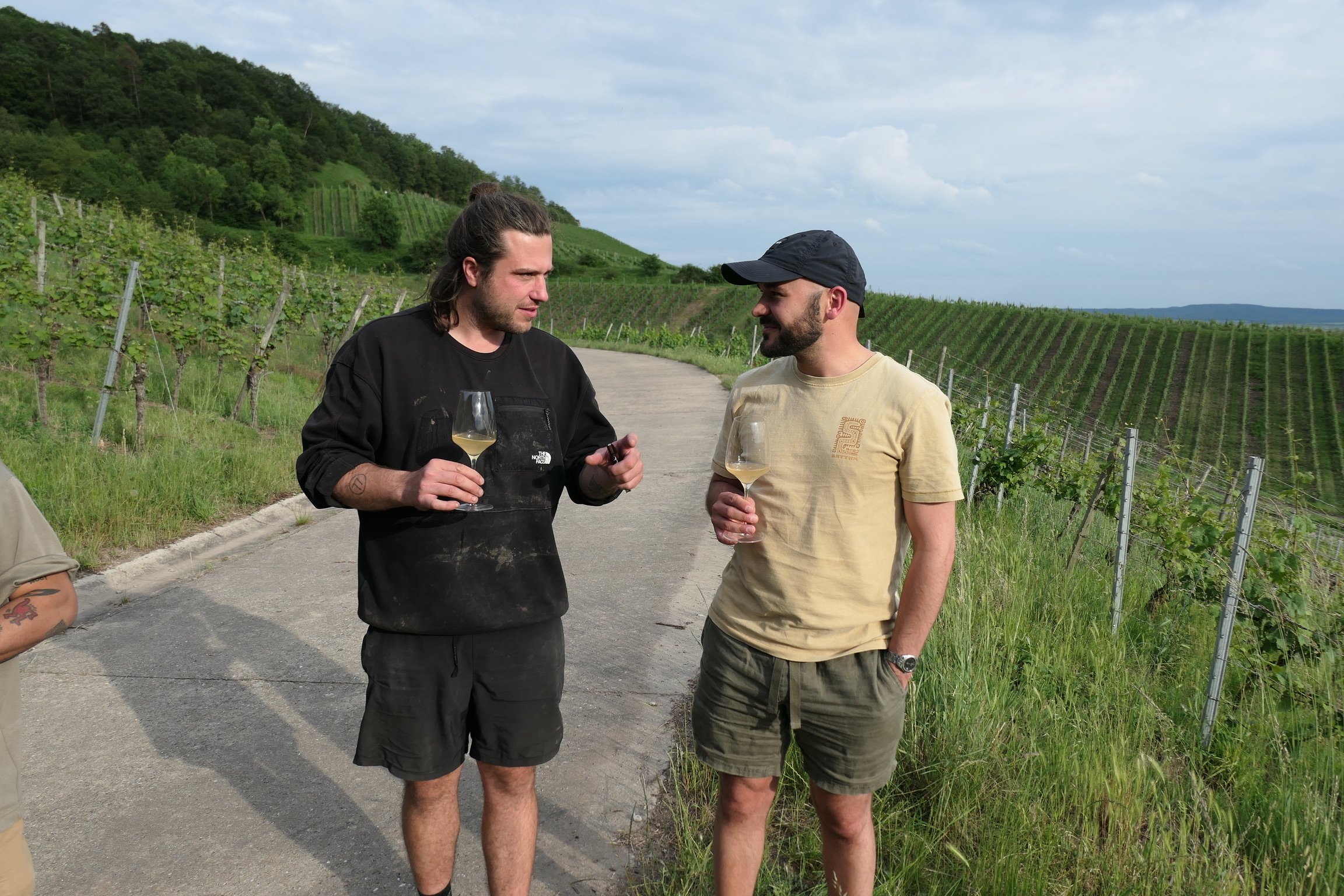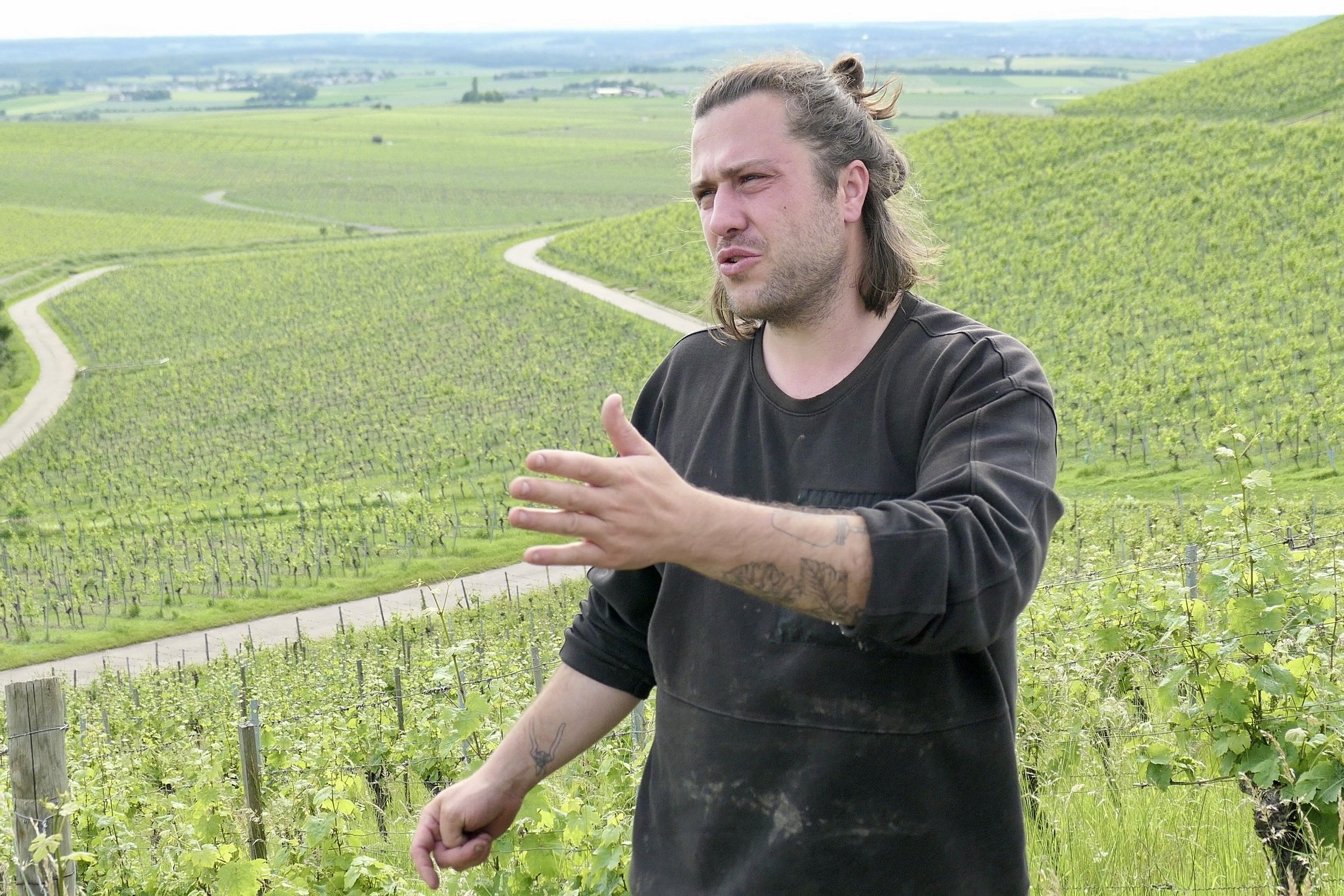A conversation with Paul Old June, 2023
Hey Paul, how are you going? How are the vines looking?
Yes, I’m good thanks, we’re definitely looking at a third year of hydric stress for the vines, but we had thunderstorms last week and everything got a good dose of water, thankfully!
With the hydric stress and the way temperatures have been going down there, have you had to adjust with your approach in the vines?
Absolutely. We stopped working the soil a few years ago, so we've got lots of grass growing - which helps create airflow in the soil as each blade of grass is creating channels. Stopping working the soil hugely reduces that soil temperature, and of course, you maintain much more of whatever water you've been blessed with; there's much less evaporation.
Primarily, it's all about microbes in the soil, you need to get that root system established and protected. In recent years I think people have really realised it's not just soil: it's like the Amazon down there. There's so much happening, and if it's not happening, it can't sufficiently feed the vine.
We've actually been doing a bit of work with Professor Elaine Ingham - one of the world's foremost soil biologists - really looking at how to best develop that balance of bacteria and microbe populations. The key is to encourage aerobic bacteria and funghi in the soil. There's a huge difference between aerobic and anaerobic (no-oxygen) microorganisms. To put it simply, Aerobic bacteria are the good guys, anaerobic bacteria are really the breeding ground of disease for the plant.
Twice a year I go out with this very potent compost tea, we pump it full of air and it begins to ferment like crazy, the temperature rockets up, and you're really brewing microorganisms. That gets sprayed everywhere for this very high population of aerobic fungi, bacteria, and microorganisms.
Now we're almost entirely down to exclusively using compost teas and natural bio-stimulants for the vines - lots of algae-based treatments. We've gotten to a point where we're using tiny, tiny doses of sulphur and haven't sprayed copper in three years. Keeping the soil copper-free is vital. Increasing all that accessible nitrogen in the soil for the plants has become very, very important as we've faced a few consecutive years of hydric stress.
Despite being biodynamic for 20 years, this is really new ground for us, and it's completely fascinating.
You're five years into Project 108 now which feels like a pretty nice milestone, what's one of the biggest things you've learnt so far?
As a winemaker, and I suppose as a creative; simply watching and following a process unfold can be so much more satisfying than one you're overthinking, or overworking.
When those expectations have gone out of the window, you can be much more open to how a wine might develop. And your ego is out of the process; you've finally gotten out of your own way! It's an important thing for anyone to learn: any form of sensitivity and intelligence, you don't have to hold onto it and suffocate it. You can stay open and playful, it'll be okay.
Also as this has gone on, it's that huge realisation with wine that nature is so much more complex than anything we can do. Farm as well as you can, look after your soil and your plants and really, just let it do its thing.


































































